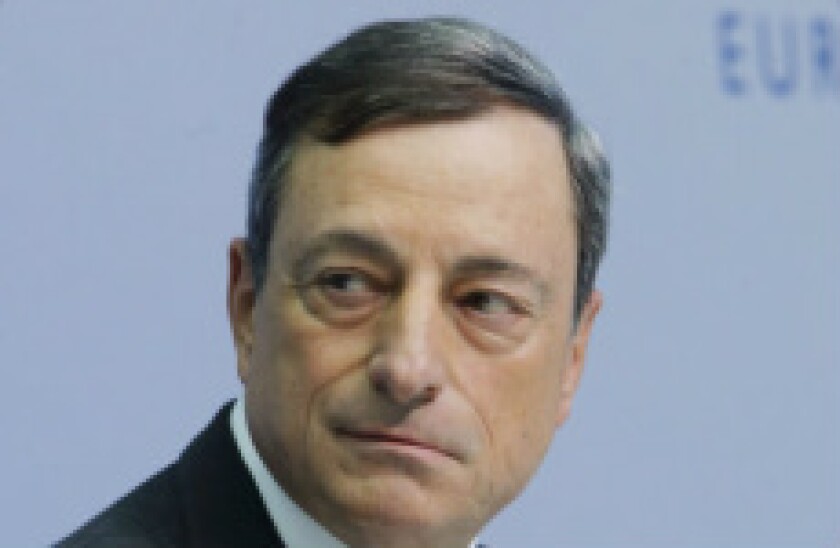Secondary markets all but ignored Sunday’s result this week, suffering far less turbulence than last week in the run up to the vote.
Much of that is likely because the ‘no’ vote that led to Renzi’s vote was already priced in — ‘no’ had been ahead in the polls for several months before the referendum was held — but just as important is the strong expectation that the ECB will do the bare minimum of QE extension on Thursday by flipping the end date of its bond buying programme six months past the planned March 2017 finish.
Of course, the equation for whether more ECB action is justified — from a purely macroeconomic point of view — has been changing over the last few months.
Developed market inflation expectations were already rising before Donald Trump won the US election in early November, promising tax cuts and infrastructure spending that gave inflation prospects the kind of pick-me-up that they haven’t enjoyed this decade.
That may well have had some in ECB quarters thinking that they could hold fire at this next meeting and see how 2017 opens up — not least to see whether Trump keeps his promises or his claims prove to be overblown.
But with the political picture in Italy now unclear — although still far from the “crisis” that some have labelled it — and worries over the country’s banking sector growing stronger, the ECB may well feel compelled to do all it can to keep a lid on Italy’s government bond yields.
Mario Draghi and co might have been feeling that, finally, fiscal measures and inflation were kicking in without them having to wave their monetary wand.
If that was the case, then Draghi’s compatriots have just ruined his Christmas.







